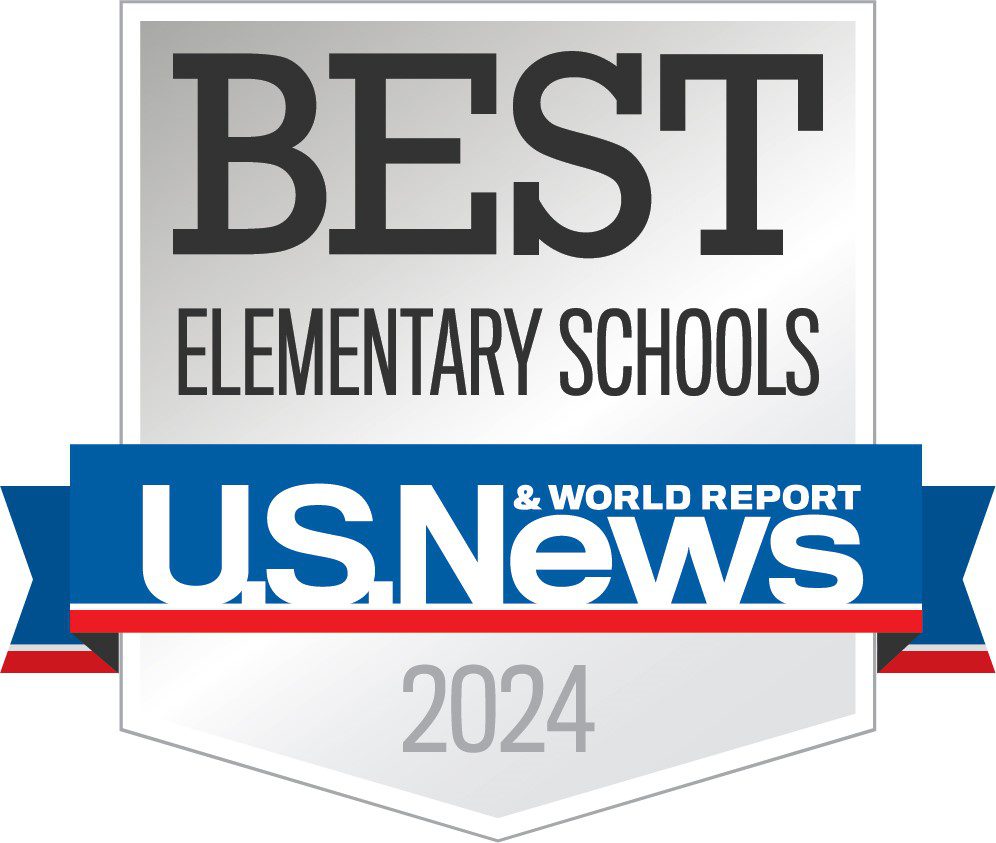Safe, Respectful, Responsible
Schoolwide Positive Behavior Interventions and Supports (SWPBIS) is an approach to teaching and supporting positive behaviors. This schoolwide approach focuses on building a safe and positive environment in which students can
learn. Often school discipline focuses on reacting to specific student misbehavior by using punishment based strategies. Introducing, modeling, and reinforcing positive social behavior have been found to be more effective than punishment based discipline plans.
The purpose of schoolwide PBIS is to establish a climate in which appropriate behavior is the norm. Schoolwide systems of support include proactive strategies for defining, teaching, and supporting appropriate student behaviors to create positive school environments. Research and evidence has found teaching behavioral expectations and rewarding students for following them is a positive approach and much more effective than waiting for misbehavior to occur before responding.
Positive Reinforcement
- All teachers have a plan for providing positive reinforcement in their classroom when students comply with rules. All staff members give out Quality Quails to students based on their positive behavior.
- Each week, a students from each classroom is randomly drawn as the Quality Quail (QQ) winner. The student’s name and reason for the QQ are turned into the office and they are recognized on the Monday morning announcements for receiving a Quality Quail. Each student then comes to the office to receive a prize.
Bully Prevention
Nationally, the definition of bullying is being looked at by lawyers and educators. Here at Quail Hollow, we value using the latest research. Our definition of bullying is:
- Bullying is one-sided.
- Bullying is intentional and repetitive.
- Bullying involves an imbalance of strength and power.
- Bullying happens when someone purposely hurts, frightens or threatens someone else.
- Bullying happens when someone purposely and repeatedly excludes others, ridicules, spreads rumors, or makes offensive comments.
- We teach students to use the language: stop, walk, talk
- As Victims or Bystanders, students are encouraged to tell the perpetrator to STOP
- If the aggressive behavior continues, they are taught to WALK away
- If they continue to be bothered, they are to TALK to an adult
- http://www.pbis.org/common/cms/files/pbisresources/bullyprevention_ES.pdf
Bullying is different from bad behavior. Not all meanness and cruelty is bullying. Kids hurt each other sometimes. They say nasty things. They get into fights and push each other (or worse). They write stupid and mean things in emails or social media. However, it isn’t bullying unless it is repetitive and intentional. Bad behavior is something that a child does that hurts another arbitrarily. Some physical aggression is an instinctive reaction to feelings of frustration or anger. It isn’t preplanned. Bad behavior is typically random. Any child who engages in meanness, physical aggression and other types of bad behavior is subject to appropriate consequences, but these consequences are not the consequences used for bullying.
Consequences for Misbehavior
Students receive appropriate and timely consequences for inappropriate behavior. Inappropriate behaviors are categorized as Minor or Major.
Students are sent to the office for Repeated Minor or Major offenses. A Repeated Minor is when a student commits a minor behavior infraction, but does so repeatedly (3-4 times) as the teacher repeatedly attempts to help the student change the behavior. Based on the teacher’s judgment, this may be during the course of a single lesson, day, or week. If the teacher’s efforts are not successful, the student may be sent to the office for an Office Discipline Referral (ODR).
The student will complete the self-reflection form in the office. If Principal DeMill is available, he meets with the student after they are done writing. If he is unavailable, he will meet with the student as soon as possible. Parents/Guardians receive a phone call from the principal and copies of self-reflection forms if requested.

